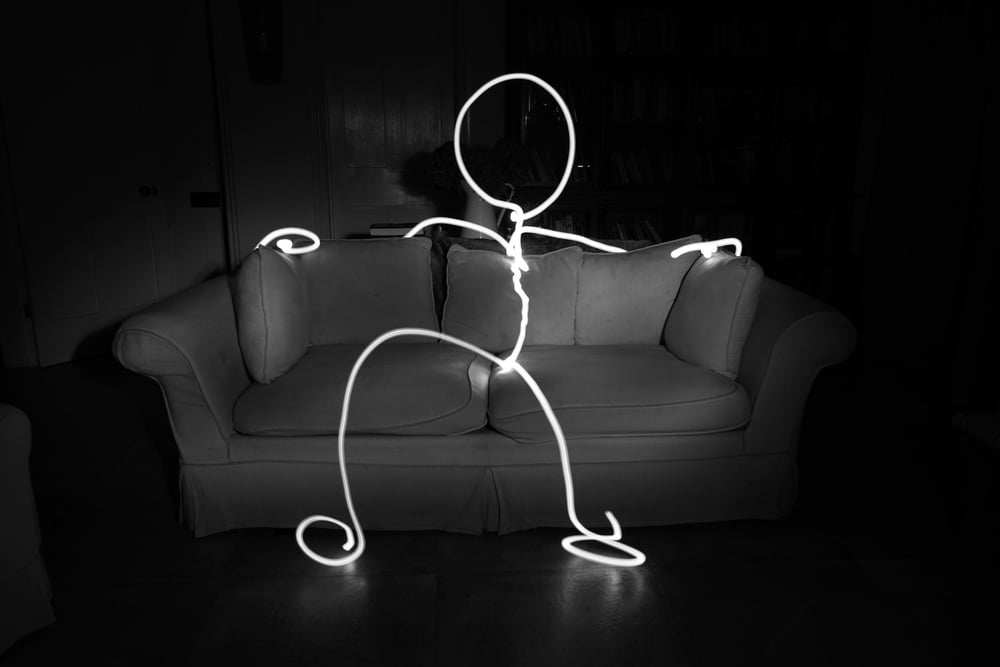How Long Should a First Chapter Be? It Isn't Really Up to You

When writing a novel, a common question is: how long should my chapters be? There are many sides to this question and the answer, of course, is that it varies. But that’s not very helpful, so we’ll dive a bit deeper into this topic in this post.
When you’re thinking about chapter length and where yours should end, I encourage you to think about the bigger picture and how you can use your chapter endings and beginnings for effect, rather than being too militant about their length.

Chapter length averages
To help narrow this down, though, we’ll talk a bit about the numbers. On average, chapters tend to range from 1,000-5,000 words, with most falling in the 2,000-4,000 range. But chapters can be much longer or much shorter.
There are plenty of bestselling books where some chapters are only a page and some where they don’t even use chapters in the traditional sense. The Grace Year by Kim Liggett, for example, doesn’t use chapters at all, but rather a series of larger sections that represent the seasons that are then broken into shorter scenes.
You can also combine varying chapter lengths to grab your readers. If you’re mostly writing longer chapters at around 4,000-5,000 words, throwing in a shorter one that’s less than 1,000 words can help convey urgency or an increase in pacing.
What you should never do is fill your chapters with extra words just to get to a specific length. A chapter should have a compelling beginning, middle and end all on its own, thereby giving each one its own mini arc. The length is secondary to starting and ending a chapter in the right place.

Chapter lengths by genre
As you can see from above, there are no actual “rules” when it comes to chapter lengths. However, the genre you’re writing might, in part, guide the length of your chapters.
If you’re writing for a younger audience, like middle grade or young adult, those genres tend to favor shorter chapters since they attract younger readers.
If you’re writing a fast-paced thriller, you might have a lot of shorter chapters to increase the excitement. If you’re writing a historical novel or an epic fantasy, then longer, more descriptive chapters might work for your story.
And don’t forget what I said above about varying chapter lengths: you can use these increase or decrease pacing in your novel.

Chapter length isn’t really up to you
Ultimately, though, you don’t choose the length of your chapter (it chooses you, as cheesy as that might sound).
The length is dictated by the scene you’re writing. I mentioned earlier about ending your chapter in the right place, and what I meant by that is every chapter ending should leave your reader wanting more.
Try to end your chapters on a high note. It’s the moment just when the killer enters the room. The moment when the hero falls. The moment when your protagonist hears a scream. Or whatever works for your story. The key to ending a chapter is stopping in a place where your reader, no matter how many hours it is past their bedtime, won’t be able to resist reading “just a few more pages.”
Here are some more ideas for strong chapter endings:
- End on a cliffhanger
- Leave a question unanswered
- Give your character two choices they must make
- Erect an obstacle for your character
- Force your character to make a decision
- Someone leaves either for now or for good
- A significant internal thought for your character
- A moment of reckoning for your protagonist
- Something big happens, like an explosion or a kiss
- Reveal a secret or a surprise
- Leave your character with a disappointment
- Someone dies
And don’t forget: when they turn that page, they should see the compelling first line of your next chapter to suck them back into your world.

Things to keep in mind for every chapter you write
To summarize from above, here are some things to keep in mind when writing:
- Consider your chapters as their own mini stories with a beginning, middle, and end.
- Every chapter should propel your story forward, whether that’s through character development or adding to your plot.
- Don’t stuff chapters to make them longer.
- The chapter length is ultimately dictated by that beginning, middle, and end you decided on earlier—not word count.
- Make sure you have a hooky first line and leave them wanting more on the last line—give them a reason to turn the page.
A handy feature of Dabble is the ability to see the length of every chapter or scene you’re working on at a glance. Displayed in the bottom right corner of your screen, you can quickly cycle through your story to see where your lengths are falling and if you can use a varying chapter length to your advantage.

That, combined with a whole host of amazing features, makes finishing your book that much easier. Try it for yourself with our free 14 day trial!









